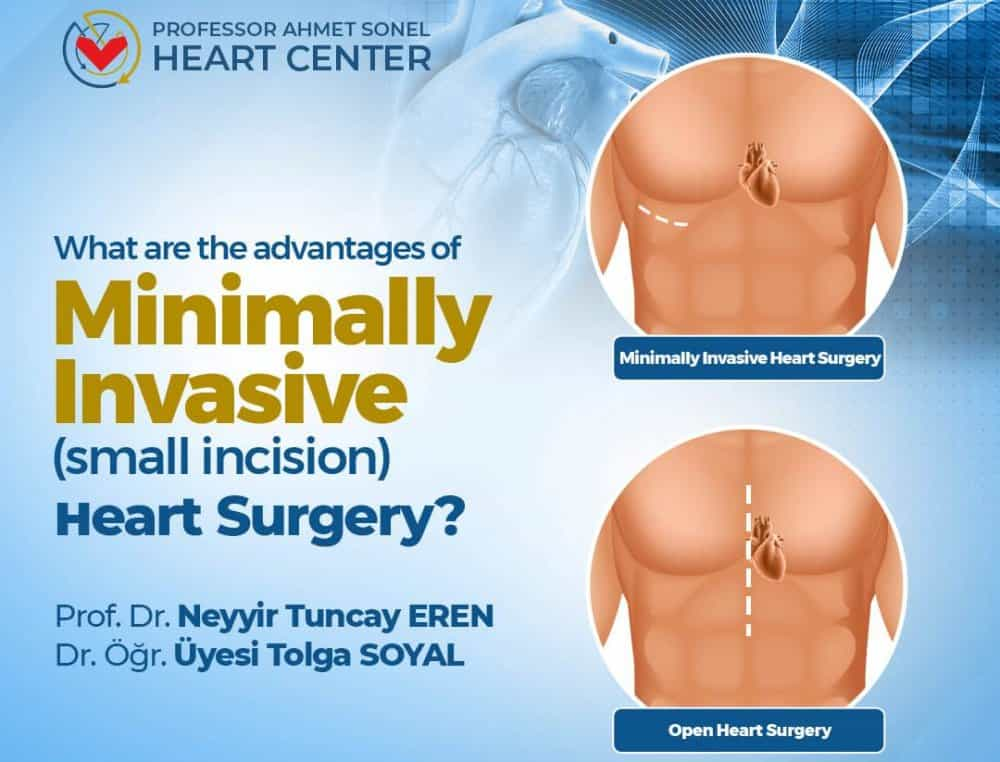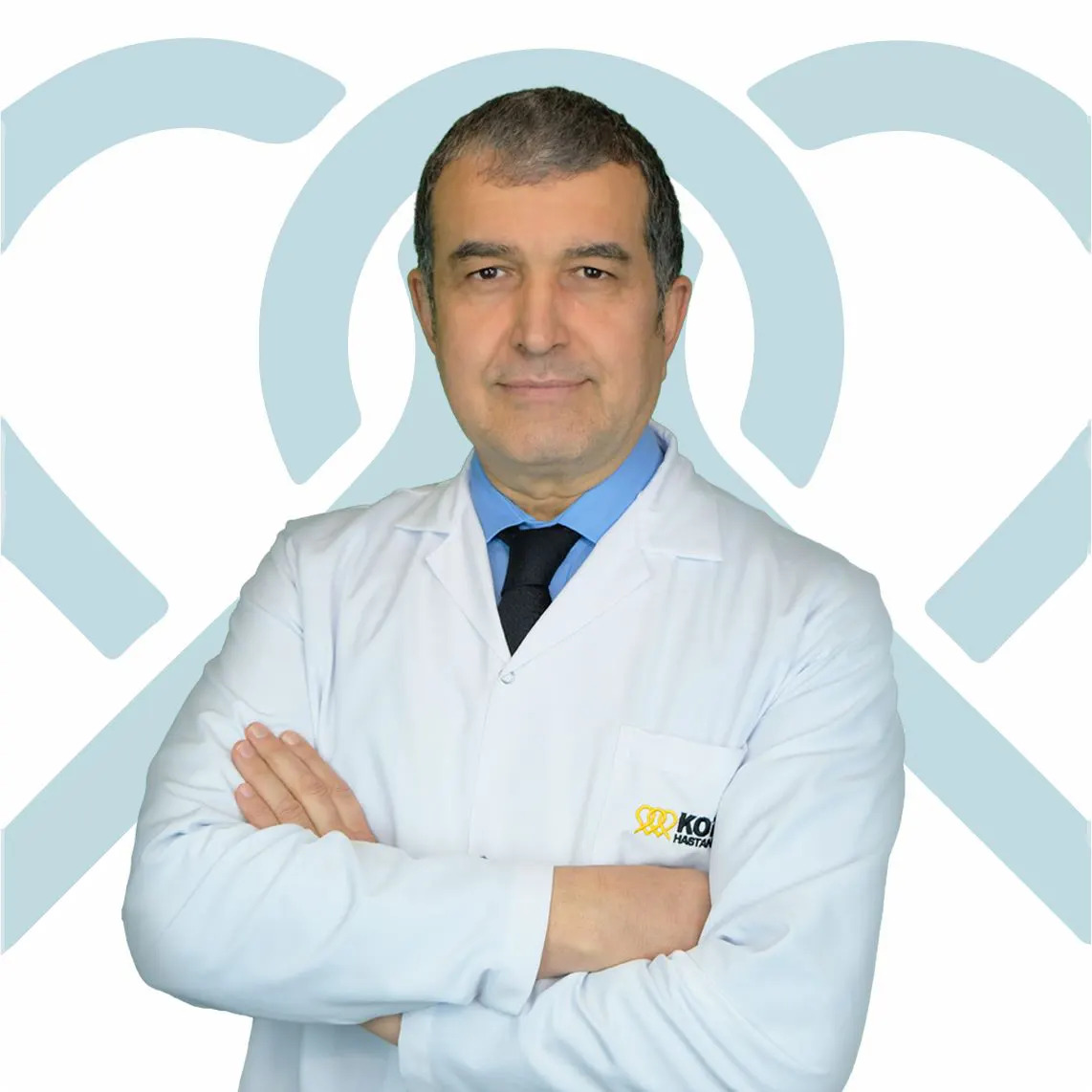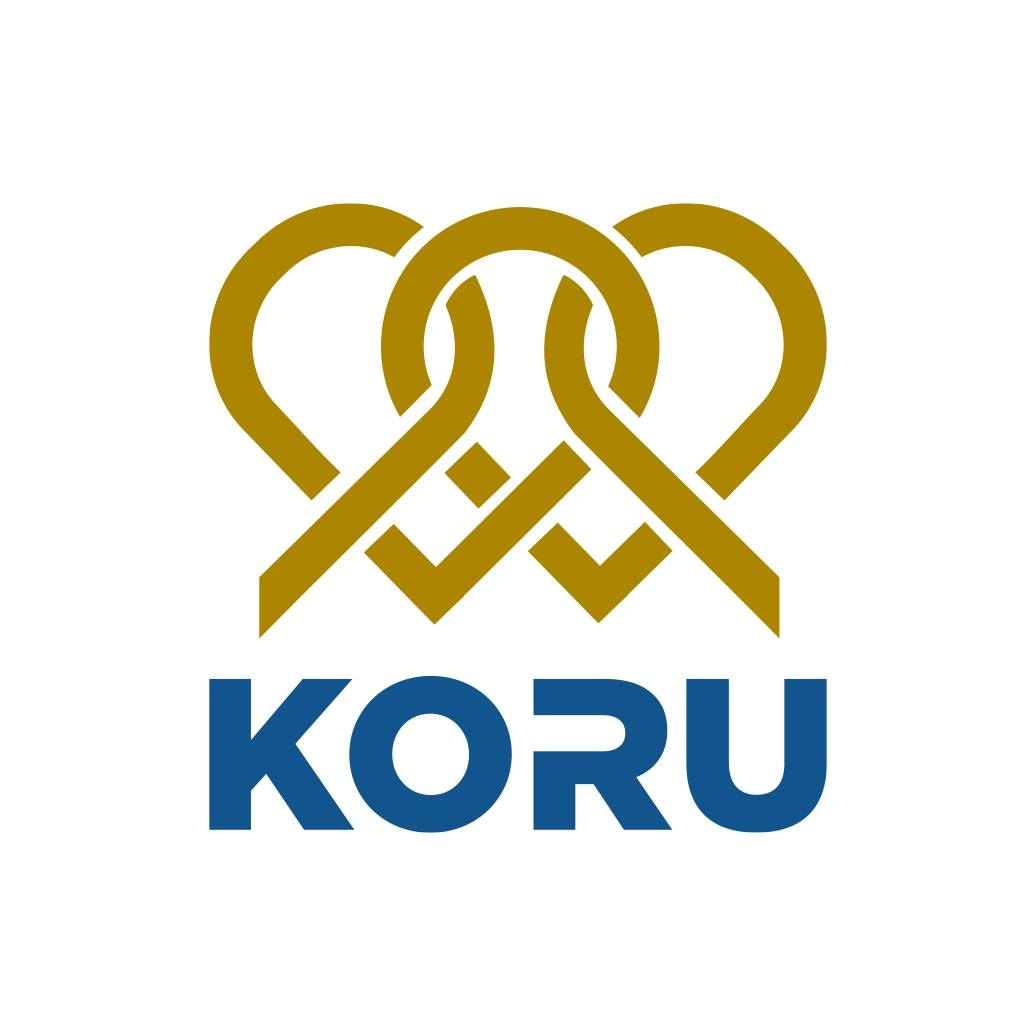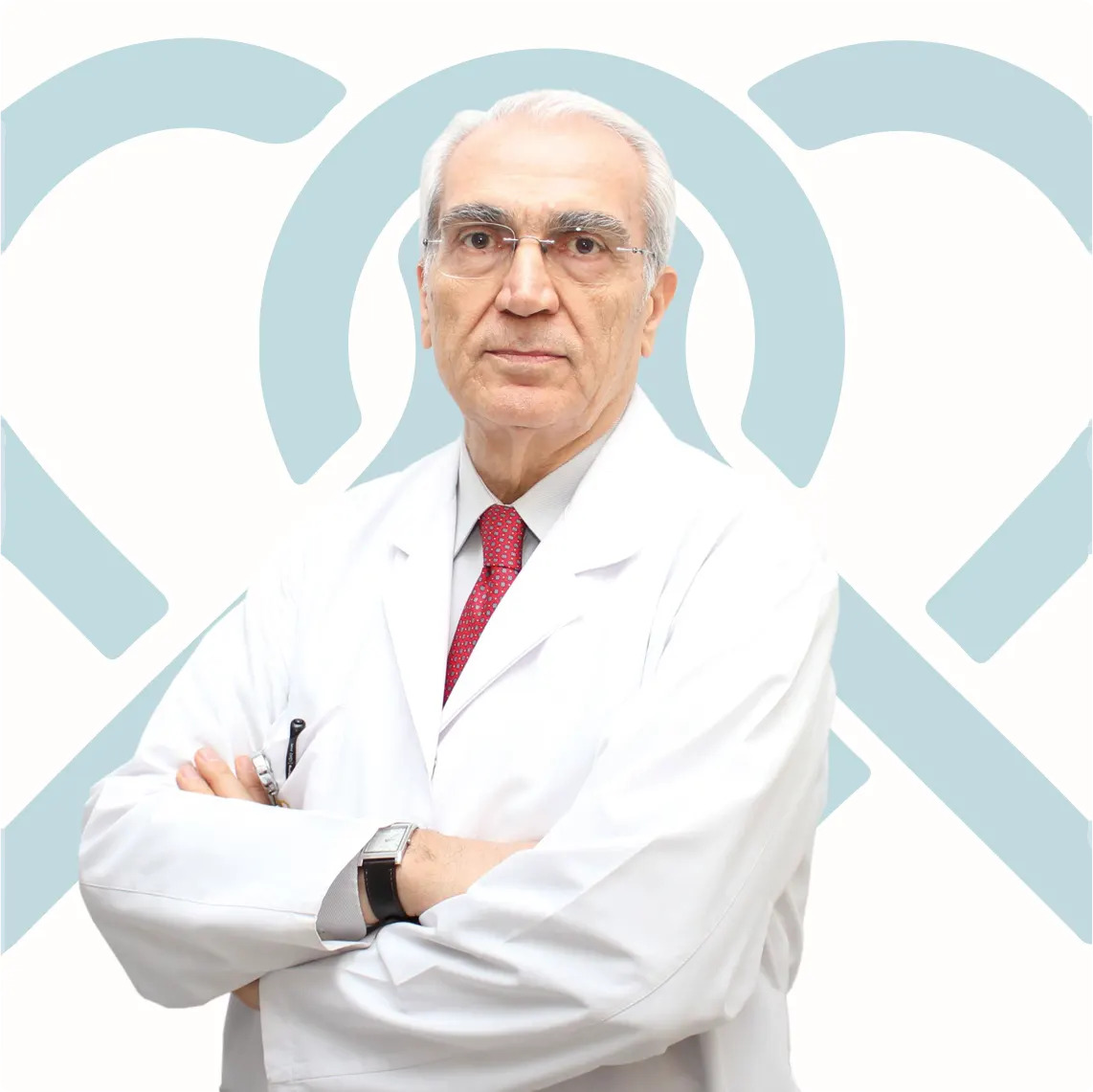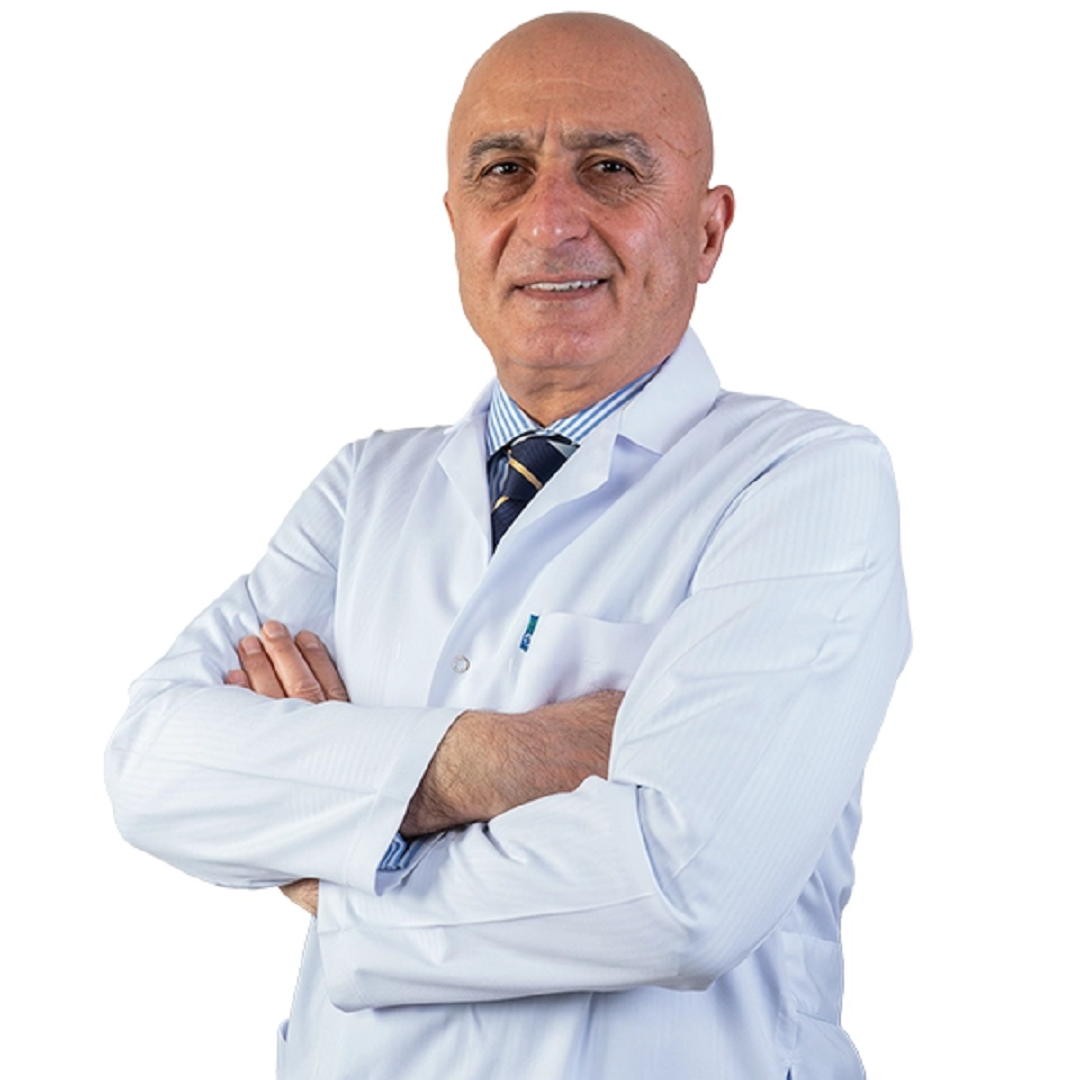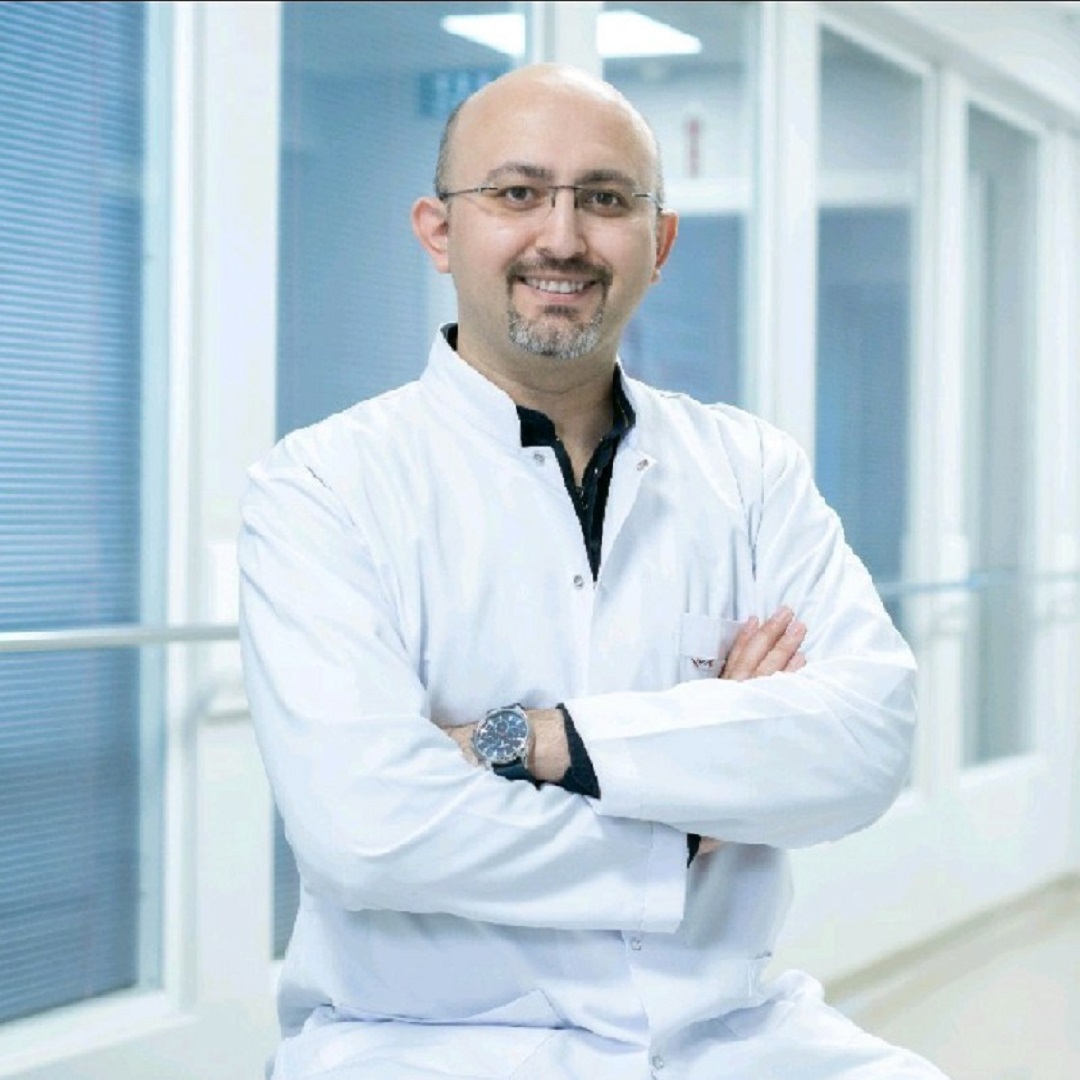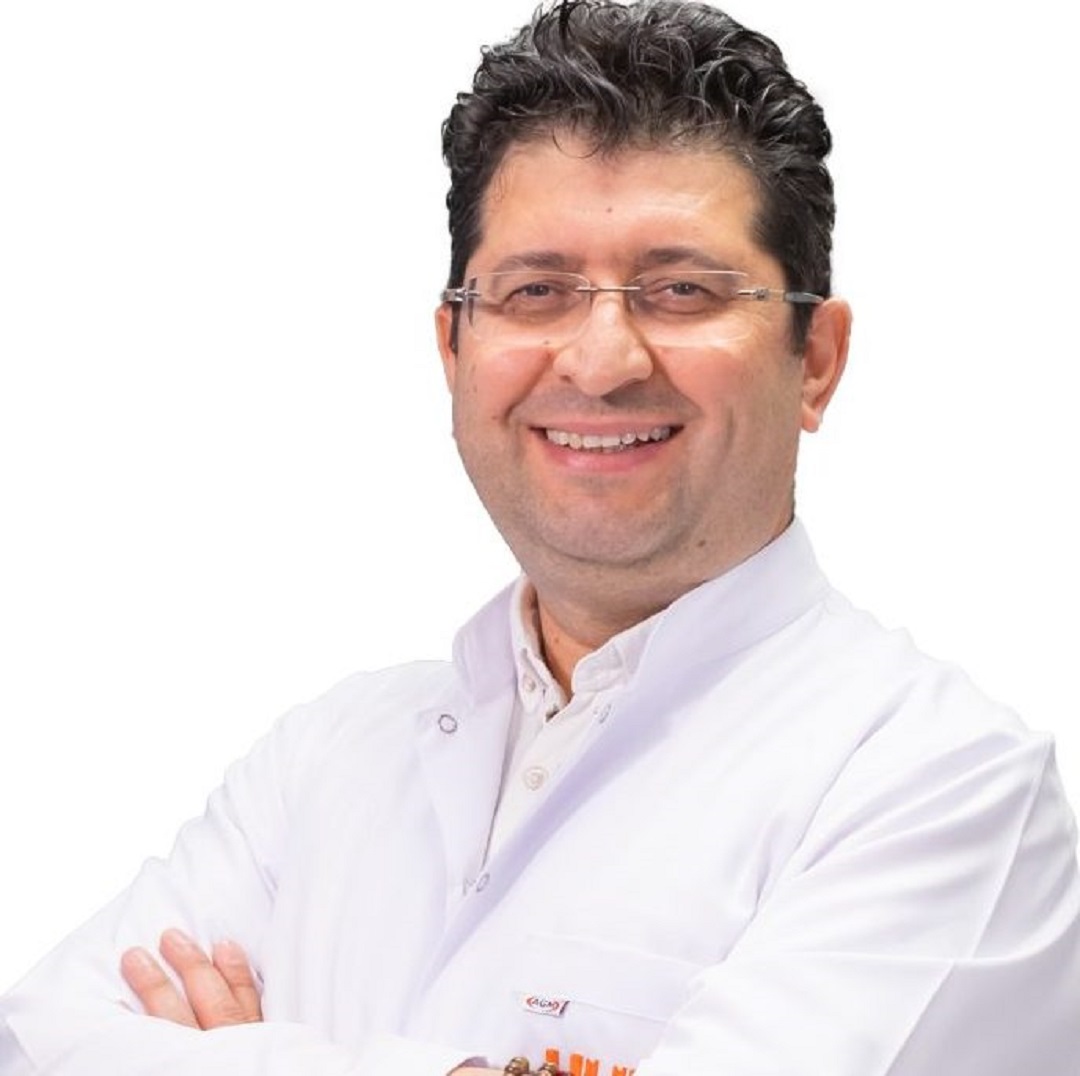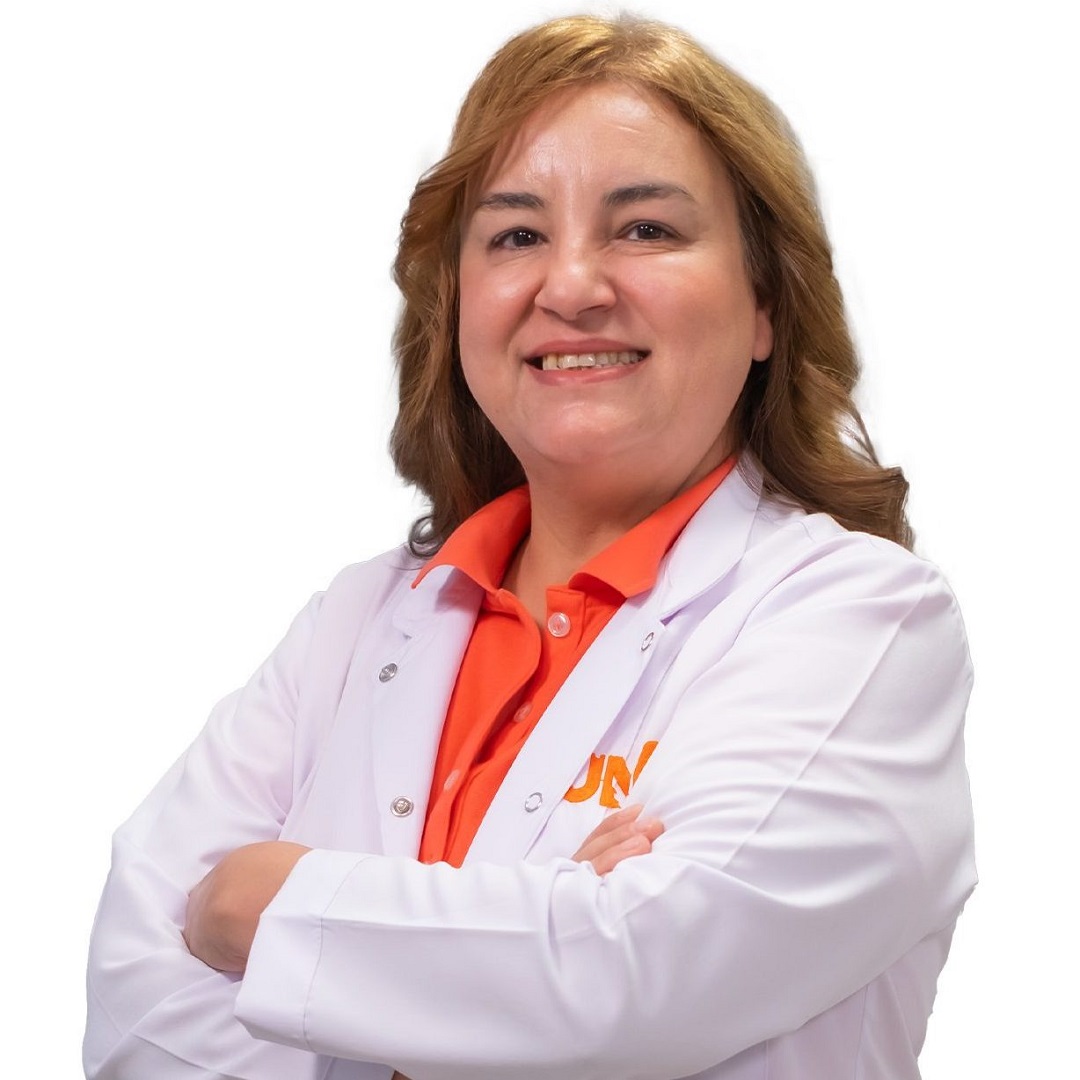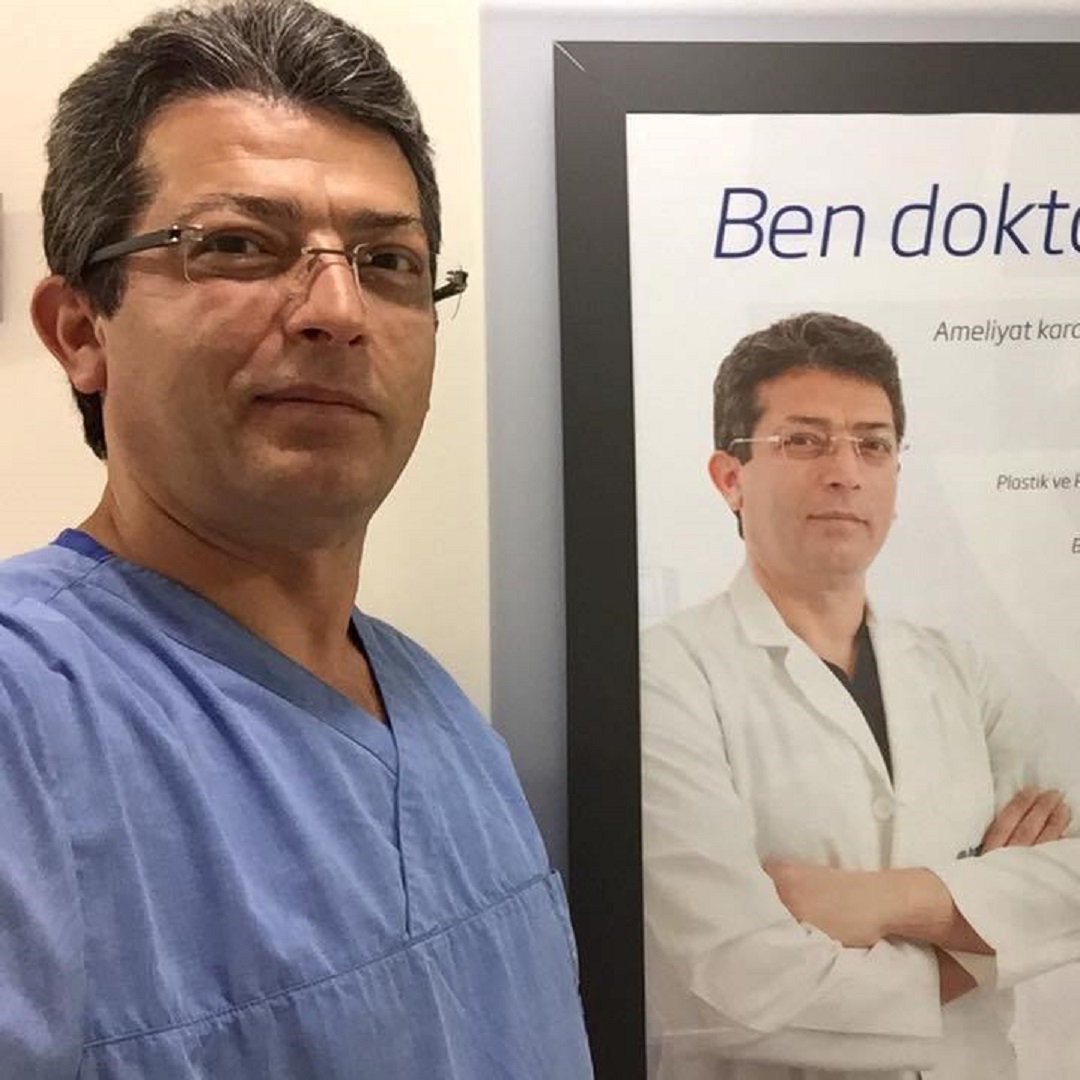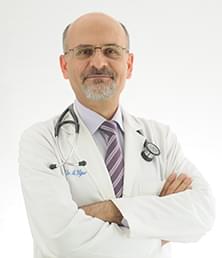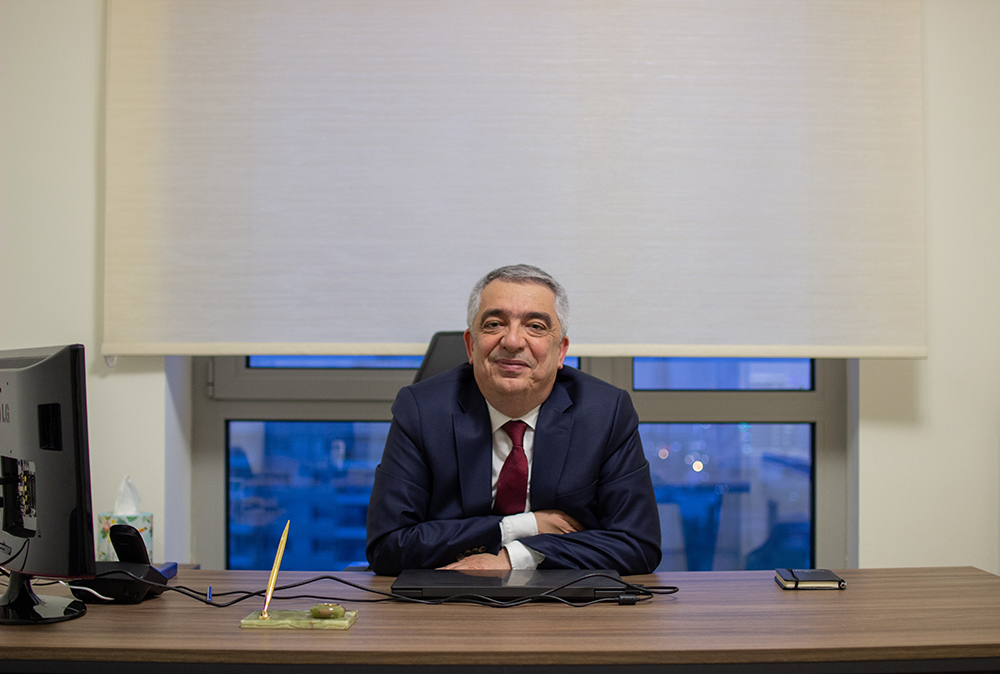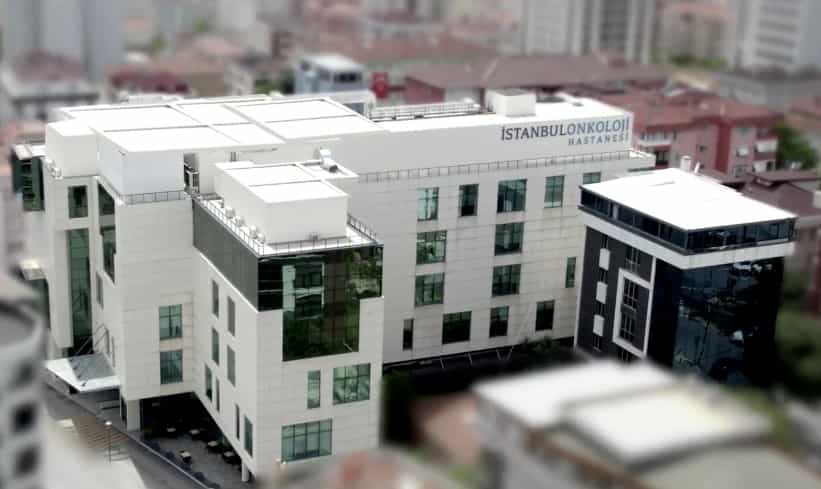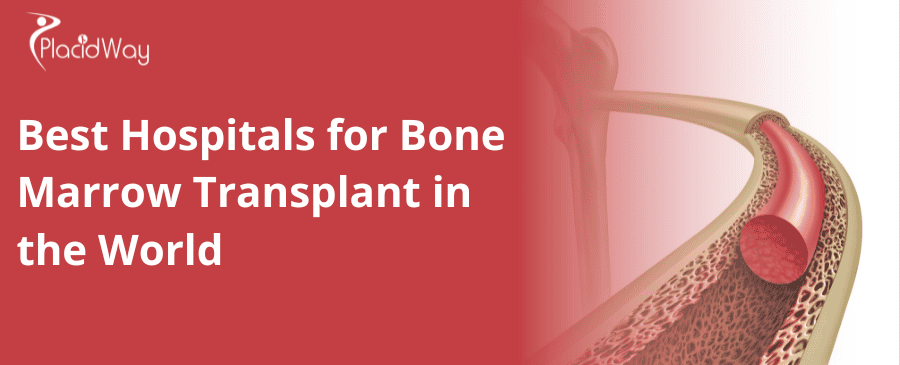
Navigating the complexities of a bone marrow transplant can be an emotionally and physically draining experience for patients and their loved ones. The hospital you choose for this life-altering procedure plays an instrumental role in determining not just the success of the transplant, but also the quality of care and support you'll receive throughout the journey. With countless healthcare institutions globally claiming to offer top-notch bone marrow transplant services, making an informed decision can be overwhelming. To ease this crucial decision-making process, we've compiled a list of the 10 best hospitals for bone marrow transplant in the world. These hospitals have been selected based on criteria like medical expertise, technological advancement, success rates, and patient reviews, ensuring that you have access to the highest standard of care during this pivotal phase of your life.
Best Hospitals for Bone Marrow Transplant in the World
1. Group Florence Nightingale Hospitals
Group Florence Nightingale Hospitals, recognized as one of the best hospitals in the world for bone marrow transplants, offers exceptional care, commitment to excellence, cutting-edge technology, and patient-centric approach.
Located in Istanbul, Turkey, this healthcare giant has set a benchmark in the domain of bone marrow transplantation.
State-of-the-Art Infrastructure
One of the first things that patients and their families notice upon entering the Group Florence Nightingale Hospitals is its modern, welcoming architecture. More importantly, the facility is equipped with the latest technologies to ensure the highest standard of care. Specialized isolation rooms are designed to reduce the risk of post-transplant infection, a critical aspect of bone marrow transplantation.
Expert Medical Team
When dealing with a procedure as intricate as a bone marrow transplant, the expertise of the medical team can significantly affect the outcome. The hospital boasts a multidisciplinary team of hematologists, oncologists, surgeons, and specialized nurses, many of whom have gained experience and training from leading medical institutions globally. Their combined expertise ensures that patients receive comprehensive care, from diagnosis to post-transplant follow-up.
Innovative Research and Techniques
Group Florence Nightingale Hospitals is also recognized for its commitment to medical research. This focus on research enables the institution to adopt the latest methods and techniques in bone marrow transplantation. Some pioneering techniques, such as haploidentical transplants and cord blood transplants, have been successfully carried out here, making it one of the few hospitals worldwide offering such advanced services.
Patient-Centric Approach
While the expertise and infrastructure are critical, the hospital's approach to patient care sets it apart. From pre-transplant consultations to post-procedure follow-ups, the medical team prioritizes patient comfort and education. Comprehensive support services, such as psychological counseling and nutrition advice, are also available to help patients and their families navigate the emotional and physical challenges of the procedure.
International Patients
As a leading hospital in bone marrow transplantation, Group Florence Nightingale Hospitals attracts patients from around the world. To accommodate this diverse patient base, they offer a range of international patient services, including language translation and visa assistance. Their seamless admission and discharge procedures for international patients underscore their commitment to making high-quality healthcare accessible to all.
Success Rates and Achievements
Numbers often speak louder than words, and the hospital’s success rates in bone marrow transplantation are truly impressive. High rates of successful transplants and low incidence of complications put it among the top medical institutions in the world for this particular procedure. Various accreditations and awards, both national and international, attest to its standing in the medical community.
Affordability and Insurance
Understanding the financial strain that comes with specialized medical care, the hospital offers various payment plans and options. It also has affiliations with several international insurance providers, ensuring that patients can undergo the required treatments without unnecessary financial stress.
Post-Transplant Care
Effective post-transplant care is critical for the long-term success of a bone marrow transplant. The hospital offers robust follow-up protocols and post-operative care plans, which include regular check-ups, medication management, and psychological support.
Bone Marrow Transplants Offer Hope for Disease
A bone marrow transplant or donation may be required for an individual diagnosed with numerous types of life-threatening diseases. Those conditions and/or diseases include but are not limited to:
Bone Marrow Transplant
- lymphoma
- leukemia
- anemia (including sickle cell)
- certain types of tumors (including brain)
- metabolic diseases
- cancers (including kidney cancer)
Treatment Options Seek Optimal Outcomes
Two types of bone marrow transplants are commonly utilized today, including autologous and allergenic bone marrow transplants.
- An autologous bone marrow transplant procedure defines bone marrow stem cells taken from a patient either through harvesting of bone marrow or apheresis. This is achieved by utilizing medical equipment that literally siphons whole blood from the patient, separates certain components from it, and then returns the ‘cleaned’ blood back to the donor. This blood, which defines the process of peripheral blood stem cell collection, is saved for the transplant. Those blood stem cells are then re-injected back into the patient.
- Allogeneic bone marrow transplant defines bone marrow or stem cells provided by a donor - usually a close relative such as a parent or a sibling. Allogeneic bone marrow transplants are performed similar to the autologous procedure, through apheresis or bone marrow harvesting, just from a different individual.
Bone Marrow Transplant PlacidWay
Unrelated bone marrow donors or transplants also utilized through donor registries found throughout the world. National bone marrow registries do their best to match certain markers in a donor’s blood to those of the patient in order to reduce chances of rejection of the transplanted bone marrow materials.
Availability Factors Cause Frustration for Many
Unfortunately, in the United States, the donor waiting list for bone marrow transplant procedures is very long - and donor searches are extremely expensive. The waiting list for bone marrow transplants in the United States can range from several months to several years, with the average weight approximately two years.
This wait time is determined by numerous factors including the number of donors to recipients in a specific community, antibody levels of the donors (the higher antibody levels in the donor sample, the more difficult it is to match with the recipient). Blood type is also a major factor, with blood group O the most desired because such individuals are classified as "universal donors" and can donate their blood containing bone marrow stem cells to any patient regardless of their blood type.
The process is complicated, and not only deals with blood typing but also tissue typing, cross matching, and must take into consideration the recipient’s condition and immune system status. At any given time, approximately 10,000 children and adults are on waiting lists for bone marrow donations in the United States alone.
Reducing wait time for bone marrow transplant isn't the only consideration for patients seeking bone marrow transplants. Cost is also a major issue, especially for those without insurance. Costs for bone marrow transplant procedures at Manipal Hospital, including doctor and hospital fees, medicines, lab work, room and board, donor matching, bone marrow transplant procedures and/or surgeries as well as anesthesia, costs approximately $35,000. In the United States, the cost of a bone marrow transplant, including all of the above factors average is $400,000, which also includes costs of the donor search, infusions, doctor and hospital fees, and so forth.
Conclusion
Group Florence Nightingale Hospital stands out globally as the best hospital for bone marrow transplant, providing unparalleled medical expertise. Hospitals sets the gold standard for bone marrow transplantation, providing not just medical excellence but a holistic, patient-centered experience. From state-of-the-art technology and expert medical professionals to comprehensive aftercare, the hospital serves as a beacon of hope for those embarking on the challenging journey of bone marrow transplantation.
Choosing the right hospital for such a life-altering procedure is never easy, but with Group Florence Nightingale Hospitals, you can be confident that you're in expert hands.
PlacidWay Seeks to Improve Accessibility
PlacidWay, an international and growing medical service and provider based in the United States, is focused on increasing availability, accessibility, and affordability to individuals seeking timely, effective, and affordable healthcare services. With contacts in dozens of countries around the world, including India, PlacidWay focuses on providing domestic and international patients with options regarding their own health care choices and decisions.
For more information about Bone Marrow Transplant contact us or visit PlacidWay, a leading US-based medical tourism resource and provider.


.jpg)







